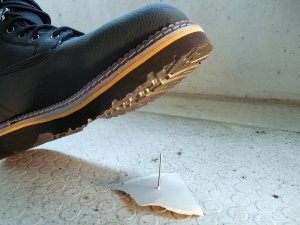Need Immediate help? Call 717-397-1010
After Hours Call / Text 717-471-2168
Need Immediate help? Call 717-397-1010
After Hours Call / Text 717-471-2168
 Lost wages are common when it comes to injury claims. Whether you have been in a car accident or have been injured at work, any time you cannot earn money while at work can be argued as lost wages. Simply put, lost wages can be quickly summarized as the money you would have earned had you not been injured. However, the time lost must be a result of the injuries sustained and those injuries must be related to the claim you are making.
Lost wages are common when it comes to injury claims. Whether you have been in a car accident or have been injured at work, any time you cannot earn money while at work can be argued as lost wages. Simply put, lost wages can be quickly summarized as the money you would have earned had you not been injured. However, the time lost must be a result of the injuries sustained and those injuries must be related to the claim you are making.
For instance, if you are injured at work but later have to miss a day due to migraines, that missed time does not count as lost wages, even though it was during the time you were recovering from the other injury. However, if you are suffering from migraines because of a head injury you sustained and you had to go to a doctor to be treated, that time would count toward lost wages. Recovery time also counts toward this, but only if it can be proven that it was due to the injury.
As an example, taking an extra day to stay home because you are not feeling up to going back does not count. However, if you have a medical note saying you are not allowed to go back to work, this is covered. When it comes to these claim, the real burden is proving your lost wages.
To prove your lost wages, you must submit evidence, just as you would with a personal injury. The following documents must be in every case:
If you were injured and had to miss work as a result of a workplace injury, contact our team today to get started on your claim.